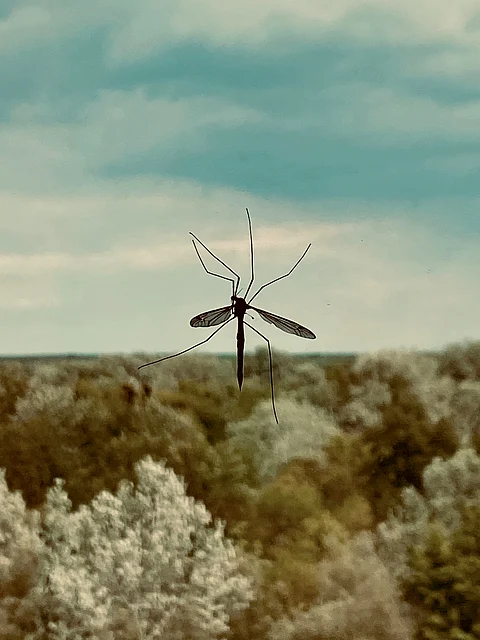

On Monday, Health Minister Saurabh Bharadwaj instructed officials to step up their campaigns of fogging and sanitation in dengue-prone areas. He also asked the chiefs of government hospitals in Delhi to take the necessary steps to guarantee that dengue patients in hospitals have access to beds and medications. The minister also instructed hospitals to make sure dengue patients receive mosquito nets and that those exhibiting dengue symptoms receive timely care.
In a multi-departmental meeting held at the Delhi secretariat, the minister issued the directives. Considering that Delhi has recorded 246 cases of dengue in the first half of the year, more than twice the number from the previous year, this was the second meeting in as many weeks, with the latest one taking place on Saturday.
In addition, Bharadwaj threatened severe consequences in the event that hospitals or law enforcement officials failed to combat vector-borne illnesses with diligence.
The minister was informed of the steps taken for dengue patients, including establishing separate treatment plans, reserving beds, and establishing isolation areas for dengue and malaria patients to prevent the disease from spreading, according to a statement from the minister's office.
The dengue virus is mostly spread by Aedes mosquitoes, which thrive in stagnant water between June and September. As a result, dengue has been closely linked to the monsoon season.
The greatest dengue outbreak occurred in 2015 when the city recorded 15,867 cases and 60 deaths—an extraordinary rise fueled by a virulent strain. Cases usually peak between July and November.
During the discussion, it was also decided to launch awareness programs by the health department. Additionally, Saurabh Bharadwaj gave department staff guidelines on how to conduct awareness programs to recognize and prevent malaria and dengue symptoms. In order to provide patients visiting the hospital with sufficient information in this regard, the health minister has instructed all hospitals to post information on the symptoms of diseases like dengue and malaria on their websites. Additionally, the minister recommended that health department representatives use social media and the media to help with awareness initiatives, according to the minister's office.
There will be an awareness campaign in schools as well.
According to the minister's office, "All hospital officials present in the meeting were directed by the minister to formulate rules to deal with serious diseases like dengue and malaria in their hospitals and ensure that those rules are strictly followed regularly."
(Input from various sources)
(Rehash/Priyanka Pandey/MSM)
